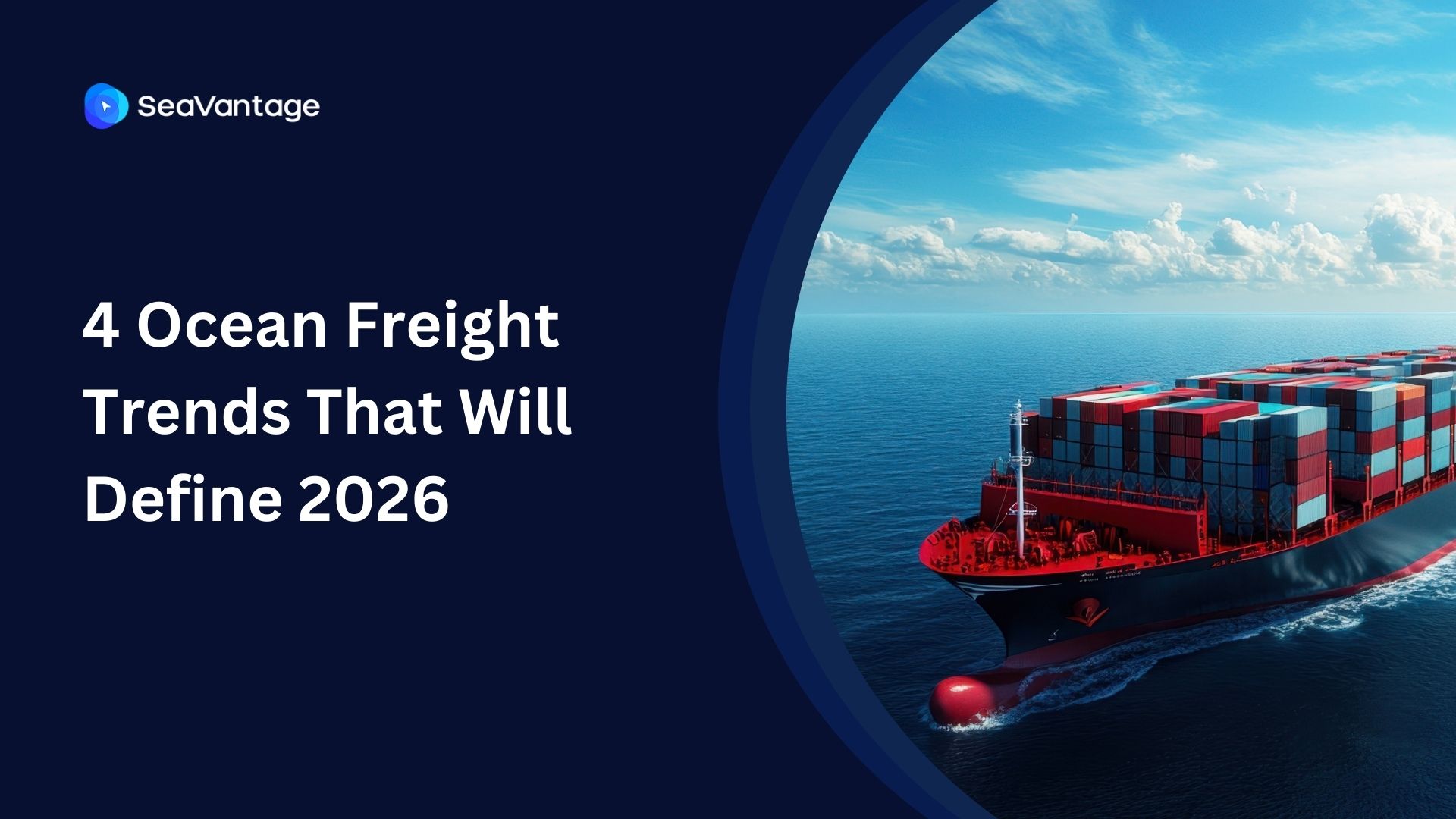What's Behind the Wave of Port Strikes Across Europe?

Across Europe, workers at various sea ports have been on a continuous strike. What does this mean for ocean shippers? What about the workers themselves? This article covers the recent strikes across European ports, as well as the port congestion issues that have resulted from these global developments.
Recently, almost 2,000 sea port workers in London's Felixstowe went on strike, and the Port of Liverpool workers have announced a two-week strike for September. This has resulted in trade delays and port disruptions and, coupled with the industry’s early recovery from the pandemic, means that the industry will be set back an immeasurable amount if the demands of the laborers are not met.
These strikes are not only occurring in London, though. Across European countries, sea port workers are striking due to the rejection of pay increases in light of global records of inflation. With workers not being paid an equivalent amount as others due to inflation, they decided to strike.
The following ports have experienced the brunt of these strikes: Antwerp, Rotterdam, Felixstowe, Hamburg, and Bremerhaven. In these European ports, significant delays have been experienced, and congestion only continues to worsen.
The impact these strikes have made on various European ports depends on the ports themselves. The earlier mentioned ports have experienced different consequences:
Antwerp
Antwerp's trade unions made the decision to join the nationwide strike. This resulted in major pick-up and delivery delays at container terminals and depots, with several terminals having to temporarily close.
Rotterdam
Workers at container terminals at the Rotterdam port have been experiencing potential job insecurity, in like of modernization projects. Because of this, the workers agreed to a 24-hour strike. This had led to significant delays, as with all the other ports.
Felixstowe
This is the port where almost two thousand port workers walked out of their job over the rejection of their request for a 7% pay increase. Measures of European inflation put it at over 10%, which essentially means a loss of pay for the workers.
Hamburg
Port workers in Hamburg have gone through over six rounds of negotiation, none of which have been successful on all sides. Container and cargo vessels have been both stuck and delayed as the situation continues to play out.
Bremerhaven
The strike going on at Bremerhaven’s ports is the largest and longest strike it has seen in decades. Ocean freight has been forced to a full stop due to the strike, which happened over a collapse of union negotiations.
All of these strikes have meant severe congestion and massive potential delays. Especially with the holidays, and therefore the peak season, coming up, ocean shippers need to be aware of these changes, and any more developments that come from these situations.
Global trade has slowed to a crawl as these workers control the flow of cargo in and out of ports across the world. Being aware and informed of these events means that ocean shippers can better manage their cargo, schedules, and resulting income flow.
Founded in 2018, SeaVantage is a fast-growing start-up helping companies transform their ocean supply chain with real-time and predictive visibility solutions. Top leading companies including Samsung SDS, POSCO, Hyundai GLOVIS, and Lotte Global Logistics utilize and trust our data solutions to optimize their maritime logistics and operations.
Our cargo insight, ship insight, and port insight platforms help our customers proactively manage and respond to unforeseen disruptions in their ocean transport, which in turn ensures a better quality of service for their end customers and financial gains.
Email: sales@seavantage.com
Tel: (+82) 02-3444-7302 / (+82) 02-3444-7303
2025년 9월, 주요 글로벌 항만에서 어떤 운송사가 가장 긴 선박 체류 시간을 기록했는지 확인해보세요. 트렌드를 비교하고, 지연을 파악하며, 전체 항만 데이터를 통해 운송 전략을 최적화할 수 있습니다.
2025년 8월, 주요 글로벌 항만에서 어떤 운송사가 가장 긴 선박 체류 시간을 기록했는지 확인해보세요. 트렌드를 비교하고, 지연을 파악하며, 전체 항만 데이터를 통해 운송 전략을 최적화할 수 있습니다.
2025년 7월, 주요 글로벌 항만에서 어떤 운송사가 가장 긴 선박 체류 시간을 기록했는지 확인해보세요. 트렌드를 비교하고, 지연을 파악하며, 전체 항만 데이터를 통해 운송 전략을 최적화할 수 있습니다.
Explore how tariffs, blank sailings, port congestion, and canal disruptions reshaped global ocean shipping in 2025 — and what supply chain leaders must do next.
Is your ocean supply chain ready for 2026? Discover 4 critical trends, from weather disruptions to strategic booking, and how to adapt.
iscover the 4 critical ocean freight trends for 2026, from the Red Sea reopening and fleet overcapacity to shifting global trade maps. Prepare your supply chain now.



.svg)







.png)